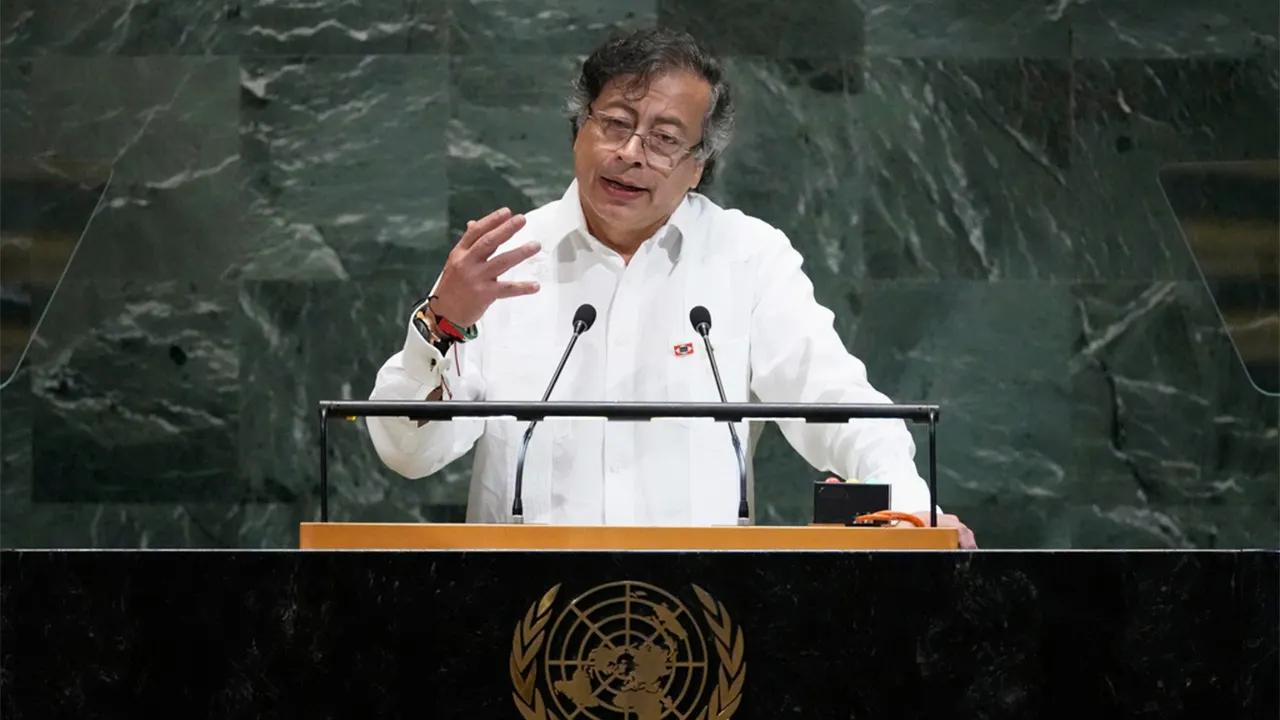The Supreme Court allowed the government Friday to freeze more than $4 billion in foreign aid payments that President Trump moved to cancel in a rare “pocket rescission” last month.
In a 6-3 ruling, the high court granted the Trump administration’s emergency request to block a federal judge’s Sept. 3 ruling that required the funds previously appropriated by Congress to be dispersed.
“This is a massive victory in restoring the President’s authority to implement his policies,” a spokesperson for the White House Office of Management and Budget told The Post.
“Left-wing groups’ ability to seize control of the president’s agenda has been shut down.”
The majority of the justices found the “harms to the Executive’s conduct of foreign affairs appear to outweigh the potential harm faced by respondents,” which include the AIDS Vaccine Advocacy Coalition, Journalism Development Network, Center for Victims of Torture and the Global Health Council.
The Supreme Court’s decision did not address the broader question of Trump’s power to unilaterally “impound” funding approved by Congress.
It followed an emergency order issued by Chief Justice John Roberts earlier this month that temporarily and partially stayed Washington, DC-based District Judge Amir Ali’s order for foreign aid spending “subject to the President’s August 28, 2025 recission [sic] proposal currently pending before Congress.”
Trump notified House Speaker Mike Johnson (R-La.) last month of his request to cancel more than $4 billion in foreign aid spending, including $3.2 billion in United States Agency for International Development (USAID) development assistance, $322 million from the USAID-State Department Democracy Fund and $521 million in State Department contributions to international organizations.

The request, known as a pocket rescission, was presented to Congress so late in the fiscal year — which ends Sept. 30 — that it would take effect regardless of whether lawmakers approve.
The procedural move has not been used by a president in nearly 50 years.
The funds had been bound for the nonprofit organizations suing the Trump administration, as well as foreign governments.
Ali, an appointee of former President Joe Biden, had ruled earlier this month that Congress would have to approve the rescission proposal for the Trump administration to withhold the money.
“To date, Congress has not responded to the President’s rescission proposal by rescinding the funds,” Ali wrote. “And the [Impoundment Control Act] is explicit that it is congressional action — not the President’s transmission of a special message — that triggers rescission of the earlier appropriations.”
The nonprofit groups suing the Trump administration over the funding freeze argued that the pocket rescission violated federal law and threatened to shutter urgent, lifesaving programs abroad.
Liberal Justices Elena Kagan, Sonia Sotomayor and Ketanji Brown Jackson opposed Friday’s majority ruling.
“[T]he consequence of today’s grant is significant. I appreciate that the majority refrains from offering a definitive view of this dispute and the questions raised in it,” Kagan wrote in her dissenting opinion.
“But the effect of its ruling is to allow the Executive to cease obligating $4 billion in funds that Congress appropriated for foreign aid, and that will now never reach its intended recipients,” she continued.
“Because that result conflicts with the separation of powers, I respectfully dissent.”
Read the full article here













